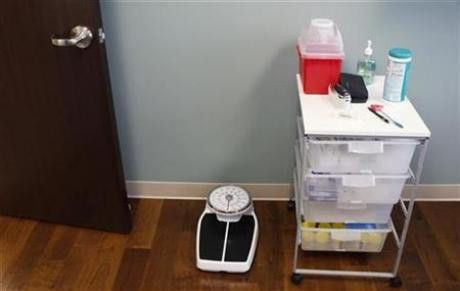Potentially Deadly Bacteria Flourish in Hospital Privacy Curtains: Study

Patients arrive at the hospital to get better, but the bacteria lurking in hospital privacy curtains could be making them sick, a new study warned.
Researchers found germs on more than half of the 180 samples they swabbed from 43 different hospital curtains. Twenty-six percent of curtains tested positive for the antibiotic-resistant Staphylococcus aureus, more commonly known as the cause of potentially lethal staph infections. Drug-resistant bacteria like MRSA (methicillin-resistant Staphylococcus aureus) and VRE (vancomycin-resistant enterococcus) appeared on 95% of hospital room privacy curtains tested.
The hospital environment plays an important role in the transmission of infections in the health care setting, and it's clear that these privacy curtains are potentially important sites of contamination because they are frequently touched by patients and providers, study author Dr. Michael Ohl, assistant professor of internal medicine at the University of Iowa, told Reuters.
The study also found that new curtains became contaminated rapidly, with 12 of 13 new curtains bearing traces of bacteria within a week after being installed.
The vast majority of curtains showed contamination with potentially significant bacteria within a week of first being hung, and many were hanging for longer than three or four weeks, Ohl said.
Ohl said that the simplest solution is for doctors to ensure sanitation by washing their hands often. Dr. Robert Glatter, editorial board member for Medscape Emergency Medicine. He told CBS News in an email that patients should not be afraid to be proactive about asking their doctors to wash up.
Patients should not be intimidated or afraid to ask doctors if they washed their hands after noticing the provider touched a medical curtain, Glatter wrote.
© Copyright IBTimes 2024. All rights reserved.





















